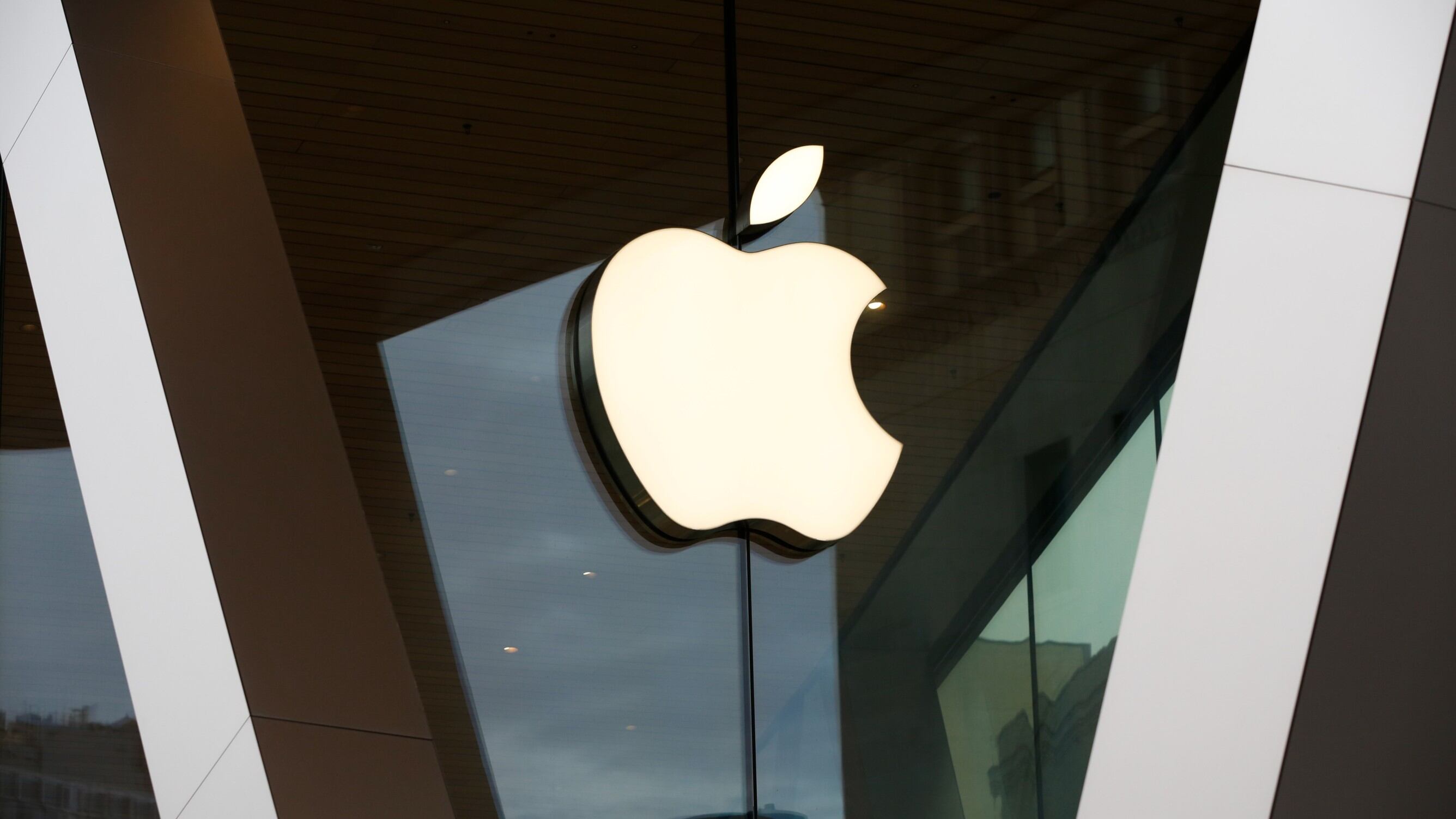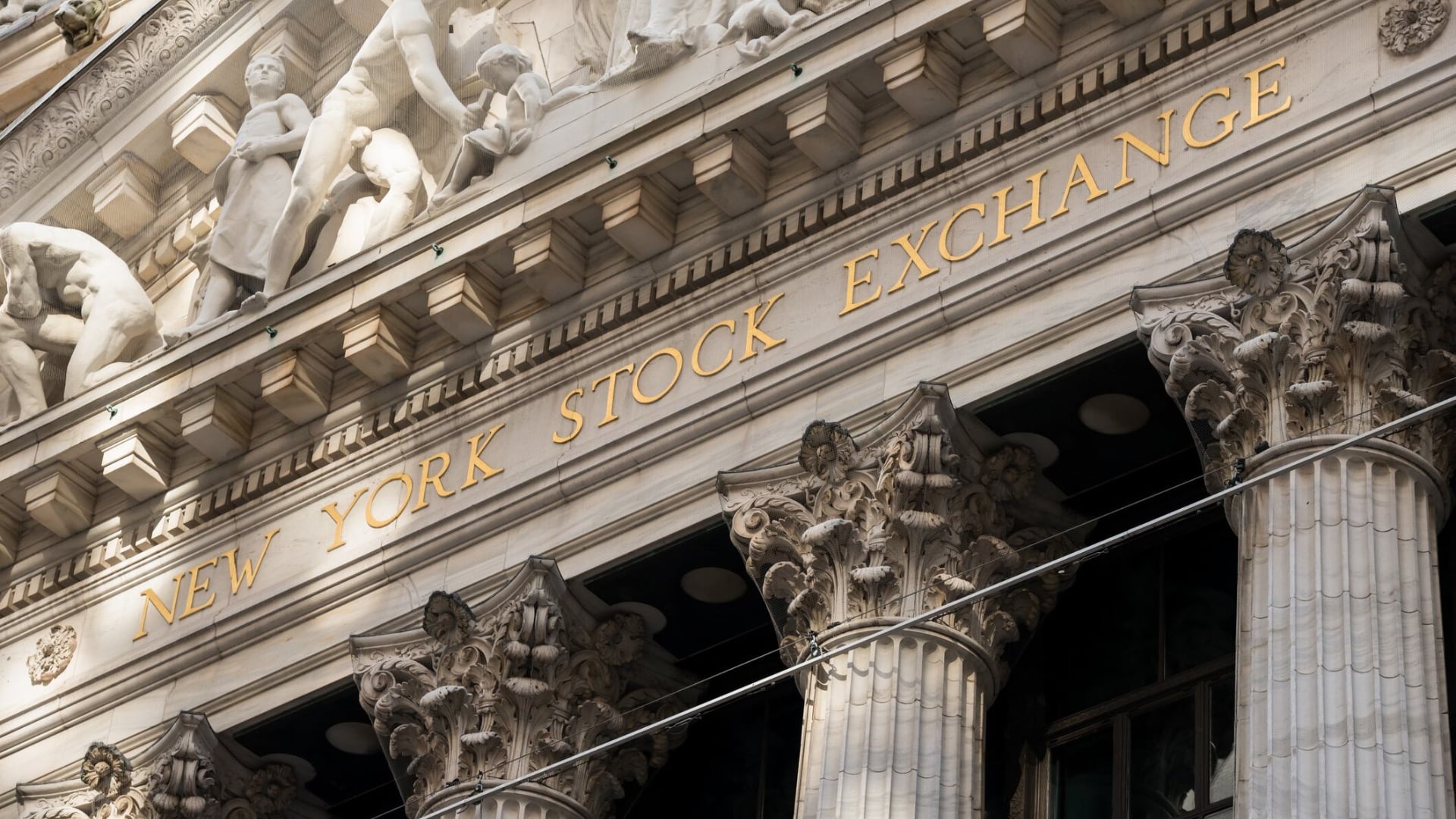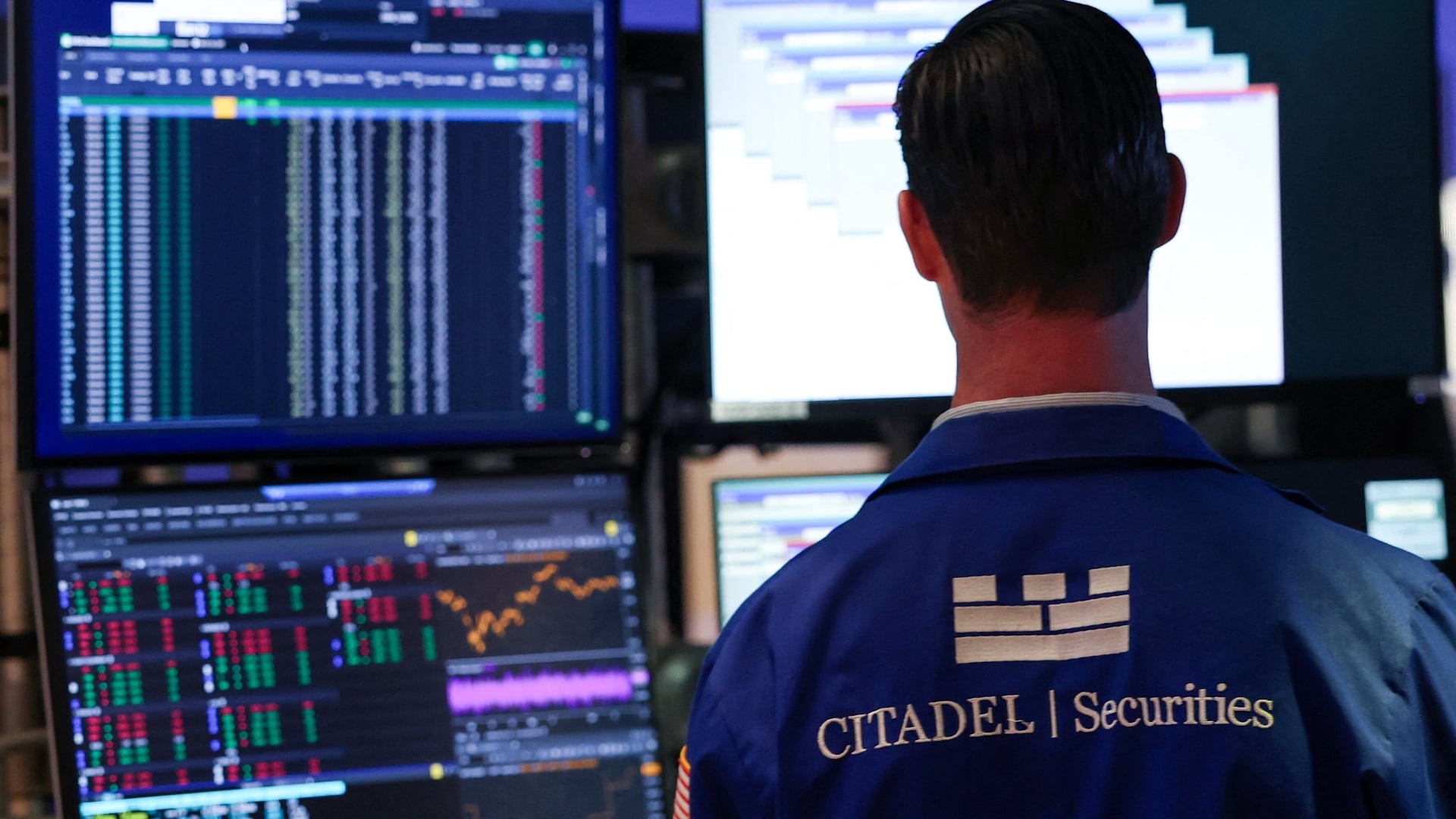Apple filed an emergency motion seeking court permission to begin selling two of its most popular watches again until a final decision on its broader appeal in a bitter patent dispute is decided.
The company cut off sales right before the Christmas holiday and in a motion filed Tuesday, Apple said it would suffer “irreparable harm” if previous court orders remain for the two weeks that it said the U.S. International Trade Commission will take to respond to its appeal.
The disruption will likely cost Apple about $300-400 million in holiday-season sales, estimated Wedbush Securities analyst Dan Ives. That’s a relative drop in the bucket for Apple, given that industry analysts are expecting the company to generate nearly $120 billion in sales this quarter, which includes the holiday shopping season.
On Oct. 26, the ITC determined that Apple infringed on two patents owned by Masimo Corp. and Cercacor Laboratories, both U.S. companies. After a 60-day review, the ITC's decision became final Tuesday, but the company had already pulled the watches from store shelves and removed them from its online sales lineup.
On Tuesday, United States Trade Representative Katherine Tai let the ITC decision stand.
“After careful consultations, Ambassador Tai decided not to reverse the ITC’s determination,” the office of the U.S. Trade representative said, meaning that the ITC decision officially went into effect Tuesday.
The Cupertino, California tech giant stopped online sales of its Apple Watch Series 9 and Ultra 2 internet-connected watch Thursday in the U.S. after ITC rejected Apple’s bid to get around a late October order blocking the company from using some of the technology underlying the blood oxygen measurement feature on the watches.
Previously purchased Apple Watches equipped with blood oxygen measurement aren’t affected by the ITC order.
Apple contends that the ITC's decision is based on multiple factual errors and that Masimo does not sell a competing product in the U.S. in “meaningful quantities” and would not suffer harm if the order is stayed.
Shares of Apple Inc. are down slightly on a day when the tech sector is one of the strongest in Tuesday trading.













